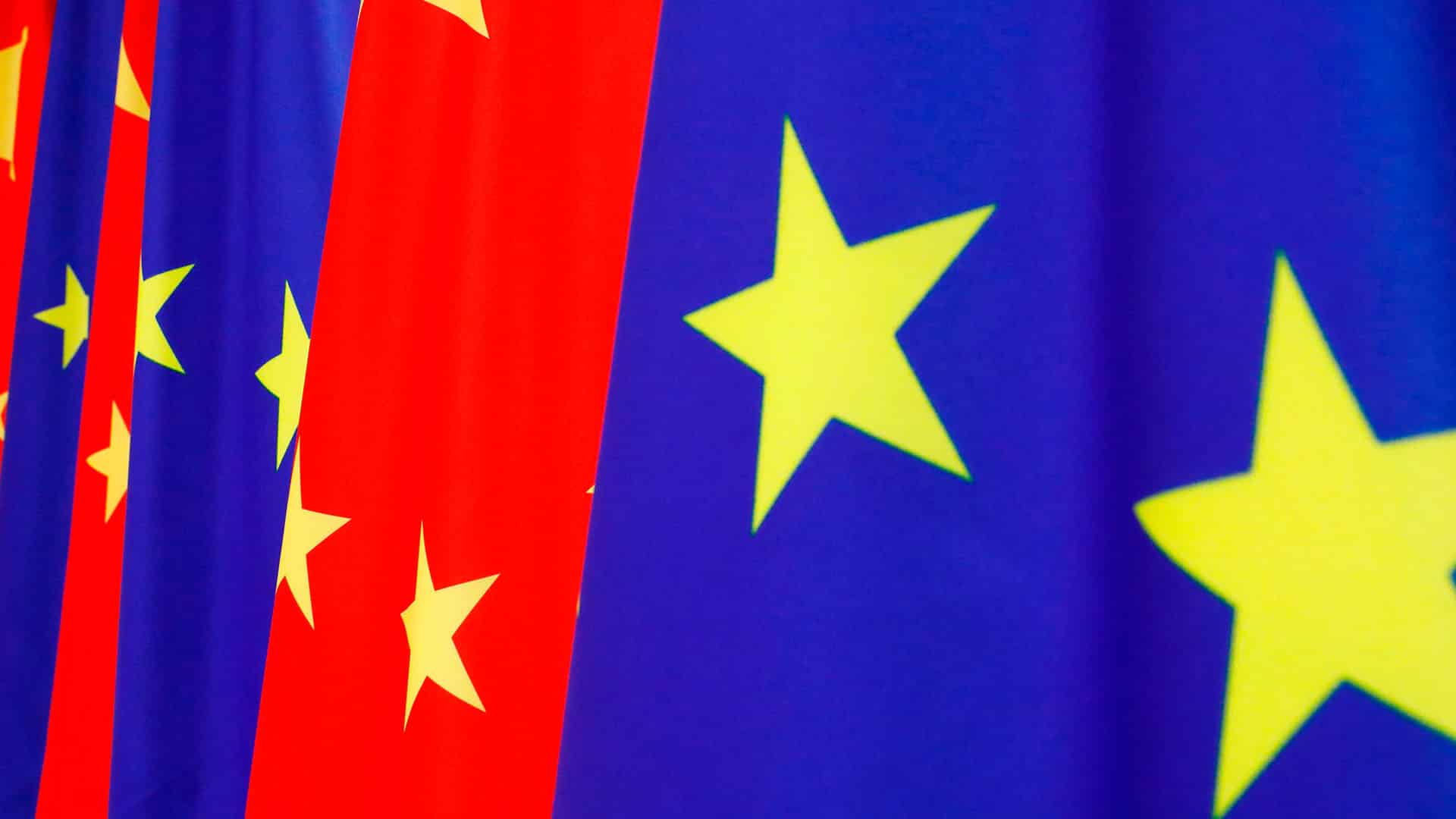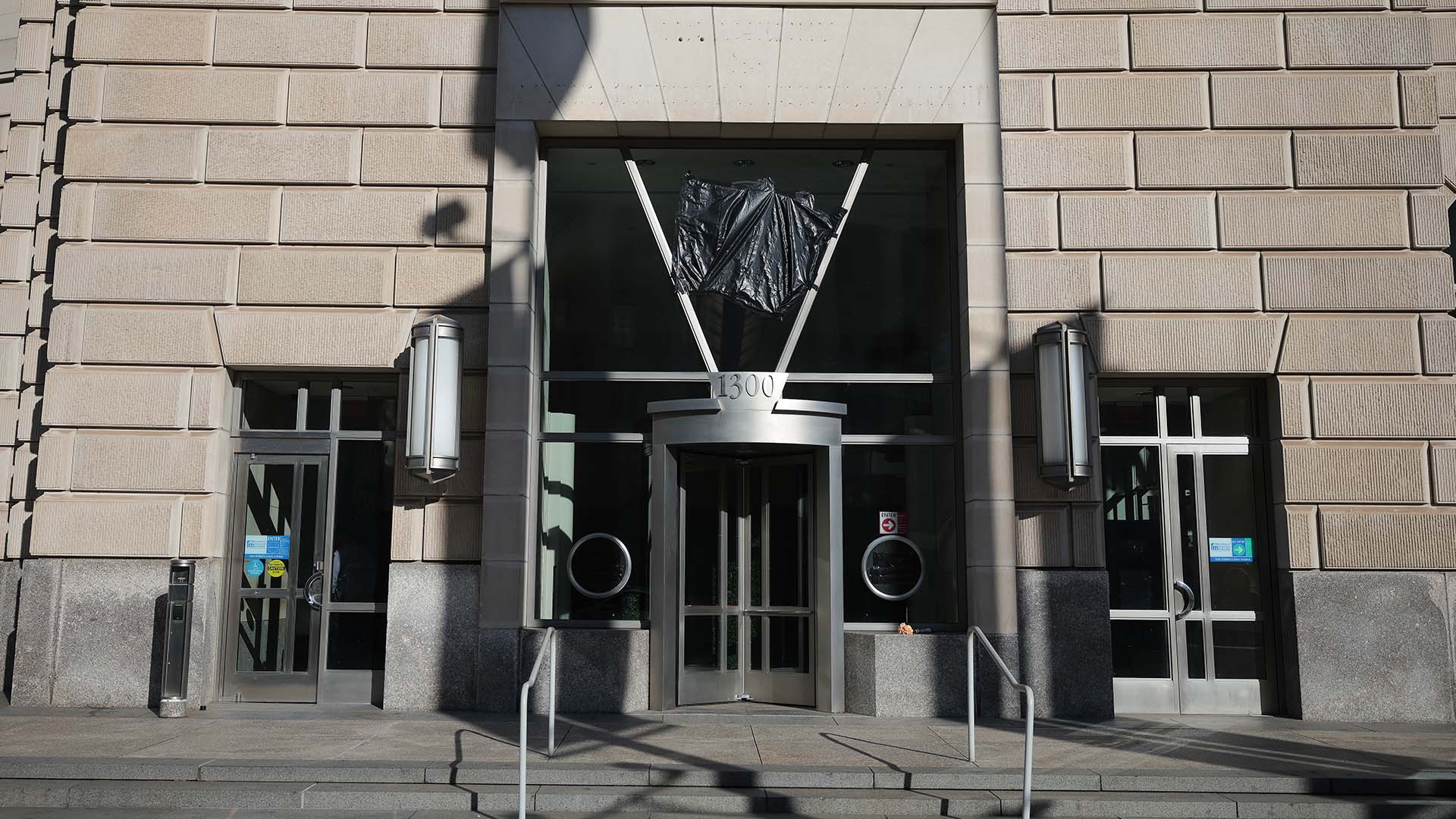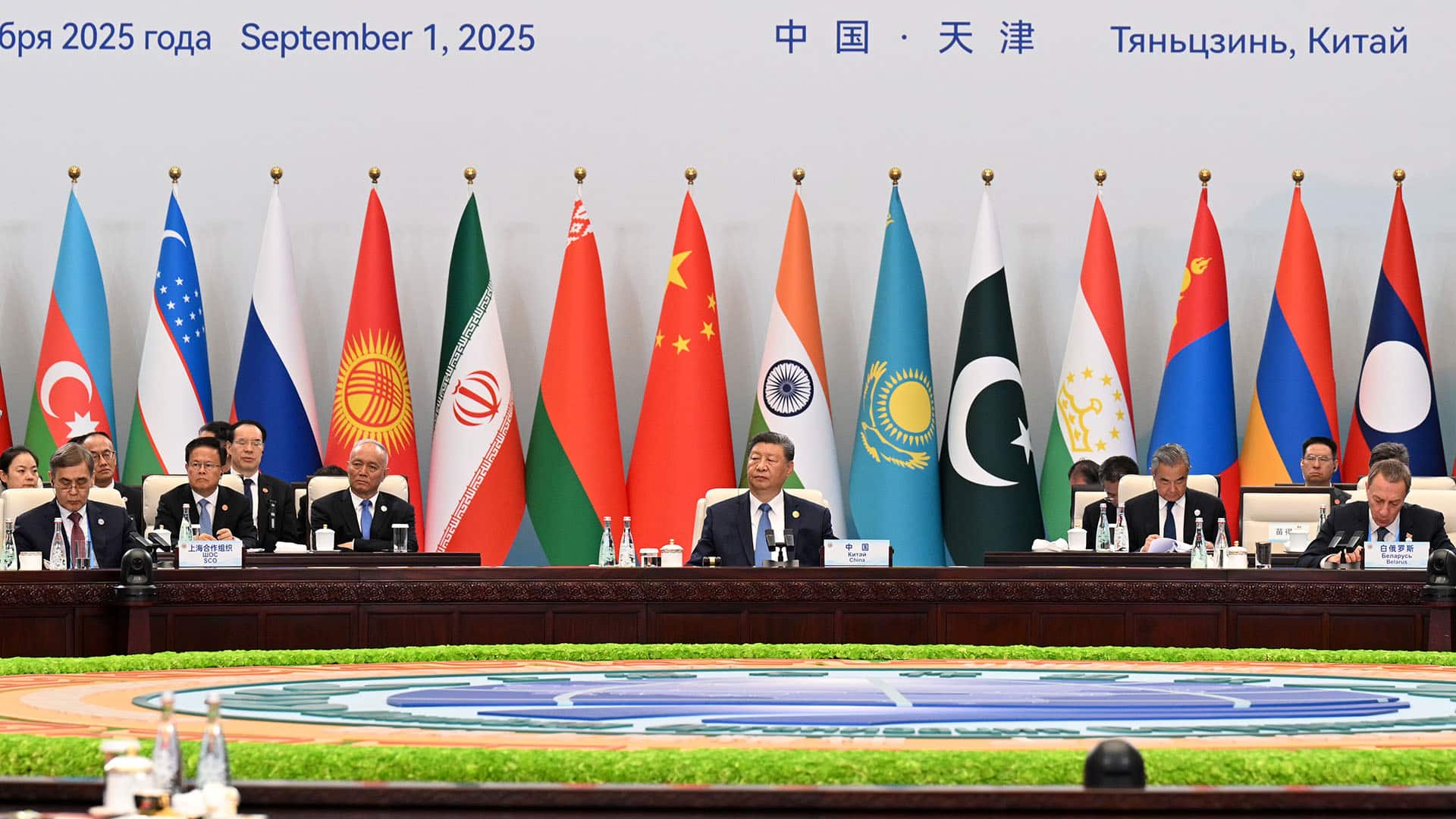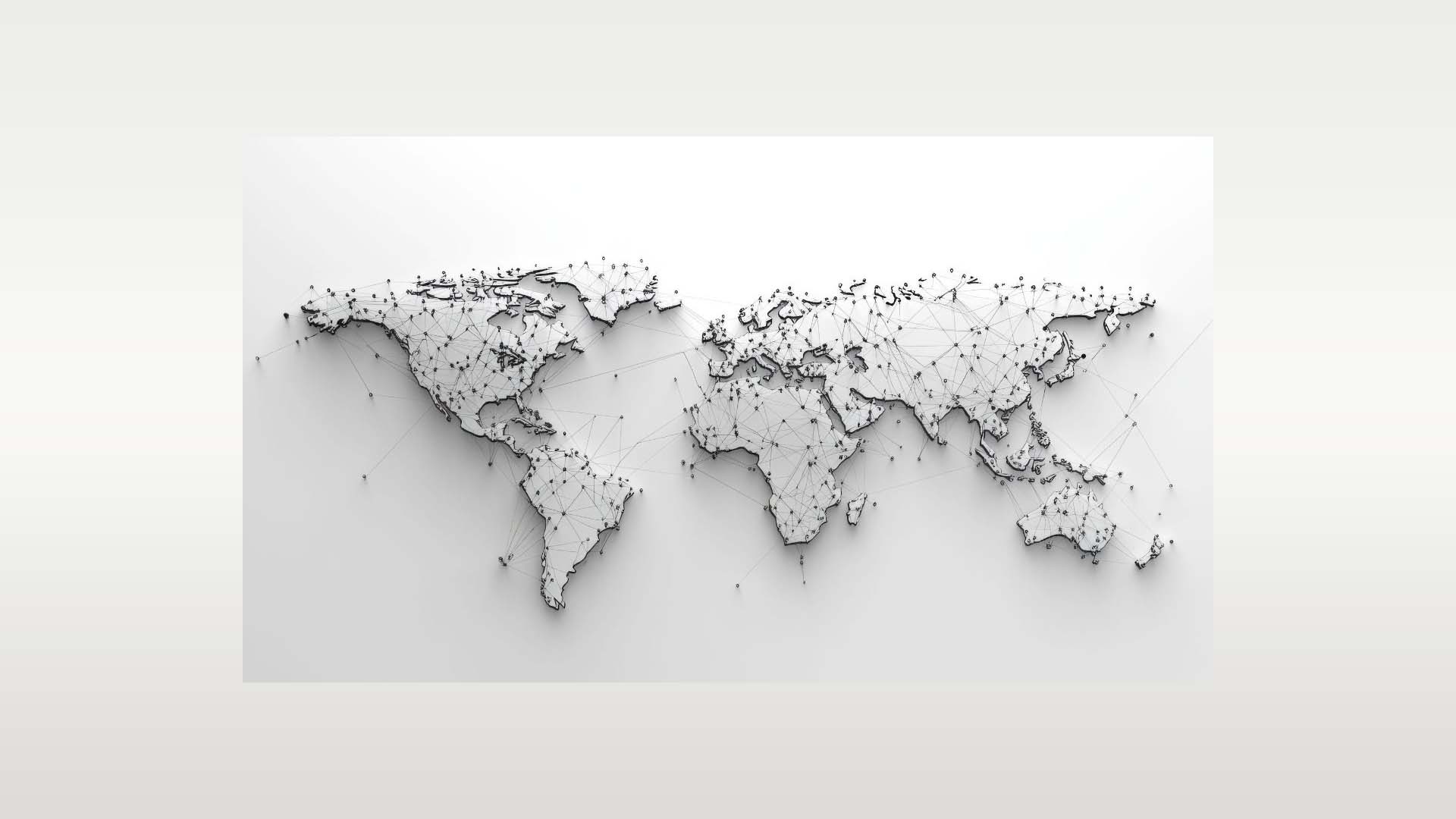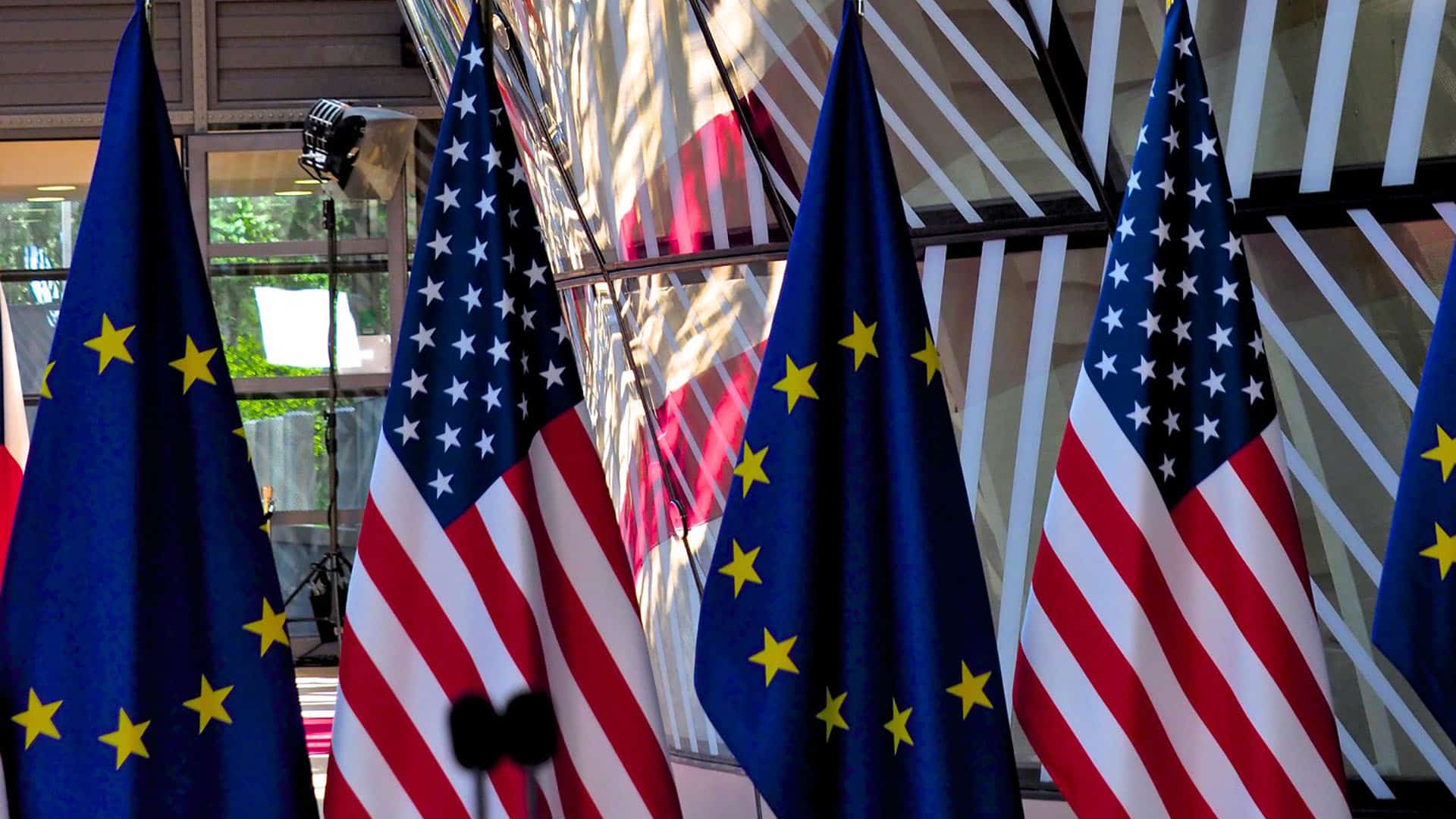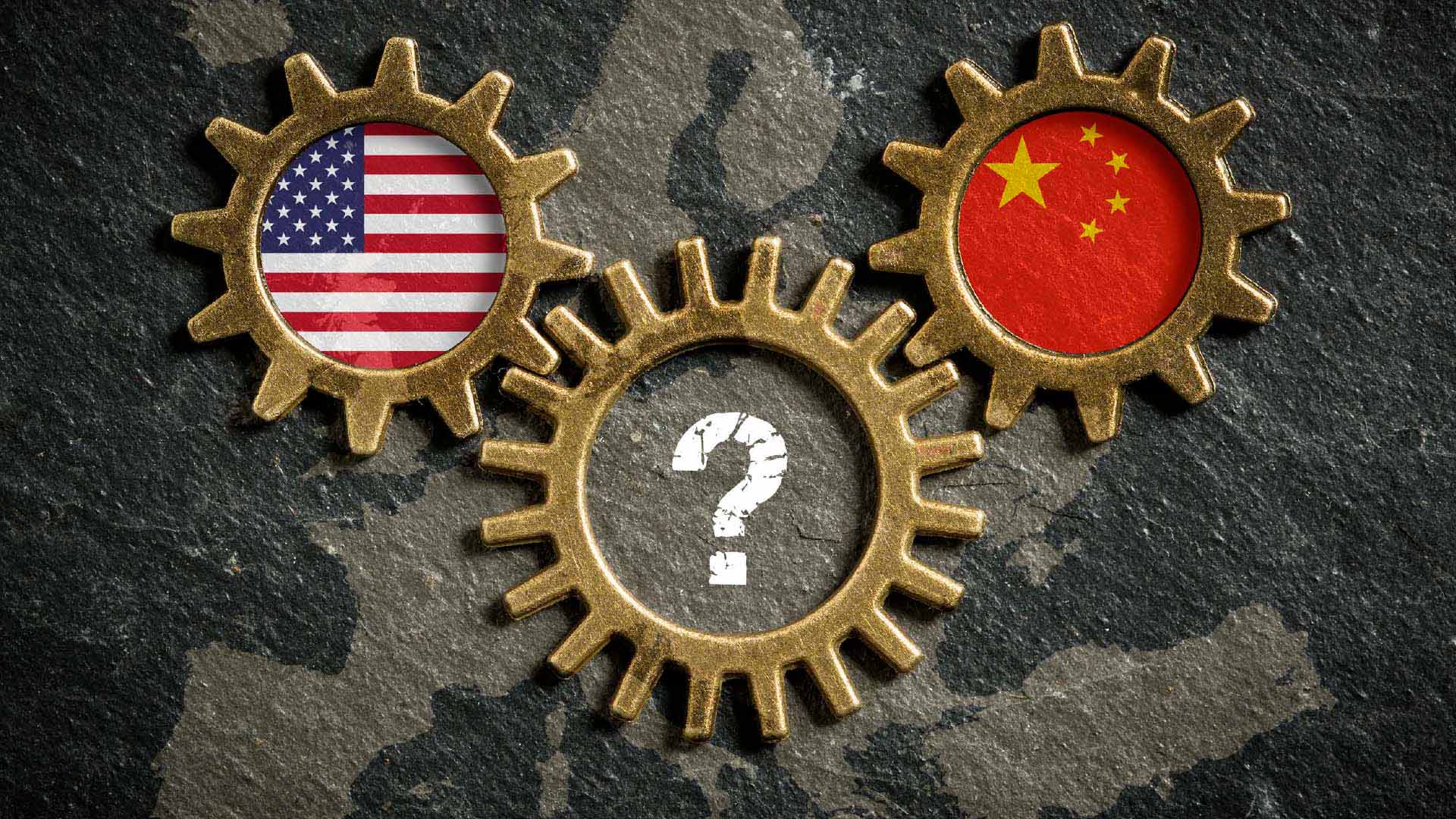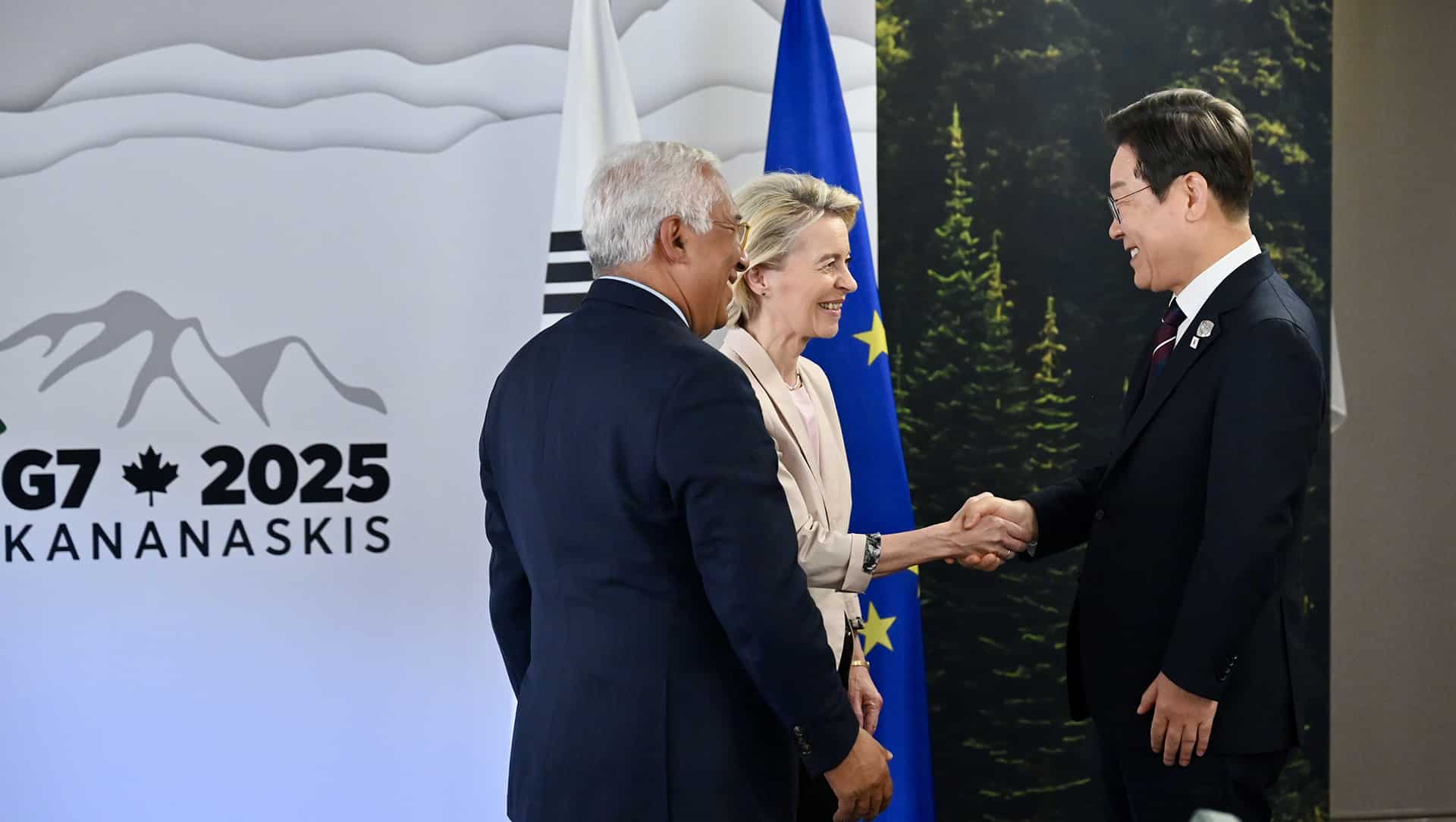China, the US and the new world order
Policy Workshop “Standards, Narratives and Partnerships: Rethinking EU and China’s Approaches to Connectivity”
ReConnect project policy workshop on China’s approach to connectivity and its implications for the Europen Union.
Presentation of the Elcano Policy Paper “Spain in the world in 2026: prospects and challenges”
Presentation of the 14th edition of the policy paper Spain in the World, a collective work by the Elcano Royal Institute.
America adrift: Trump, DOGE and the sweeping cuts to US foreign assistance and the diplomatic corps
The transformation of US foreign assistance is producing humanitarian consequences and is creating a vacuum increasingly filled by rivals.
Global governance according to Xi Jinping: between Westphalia and the imperial court
The global governance model promoted by Xi Jinping contains a package of initiatives to reform the current international architecture.
Series: ‘Geopolitics of innovation: Asia, the United States and Europe facing technological rivalry’
Series of webinars on the geopolitics of innovation and rivalry between the US, Asia and the EU, organised with Casa Asia and CIDOB.
Seminar ‘The future of the transatlantic relationship: views from Washington and Madrid’
Experts from Spain and the US discuss the political, economic, and security ties that shape the future of the transatlantic relationship.
Conference ‘Quest for strategic autonomy. How should Europe grapple with the US-China rivalry?’
Presentation of the latest report by the ETNC network, ‘Quest for strategic autonomy? Europe grapples with the US-China rivalry’ in Brussels.
Korea and the reform of global governance: strategic convergence with the EU and G7
Korea’s growing ties with the G7 and its convergence with the EU will be able to position it as a key driver of global governance reform.
1 - 4 of 19 pages

